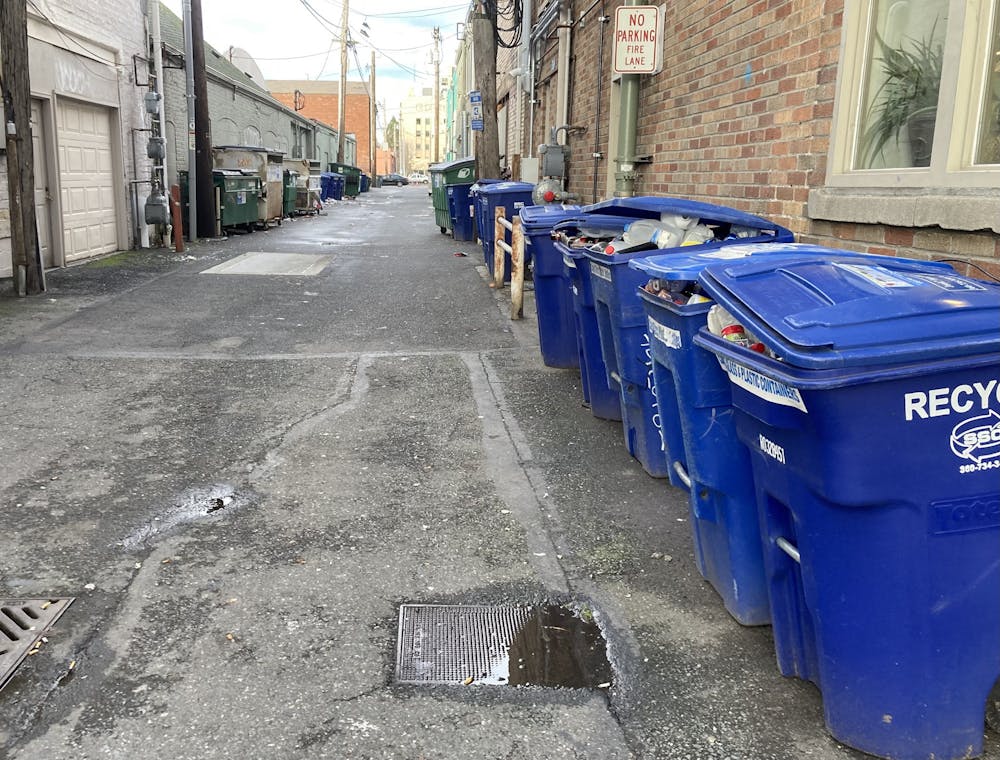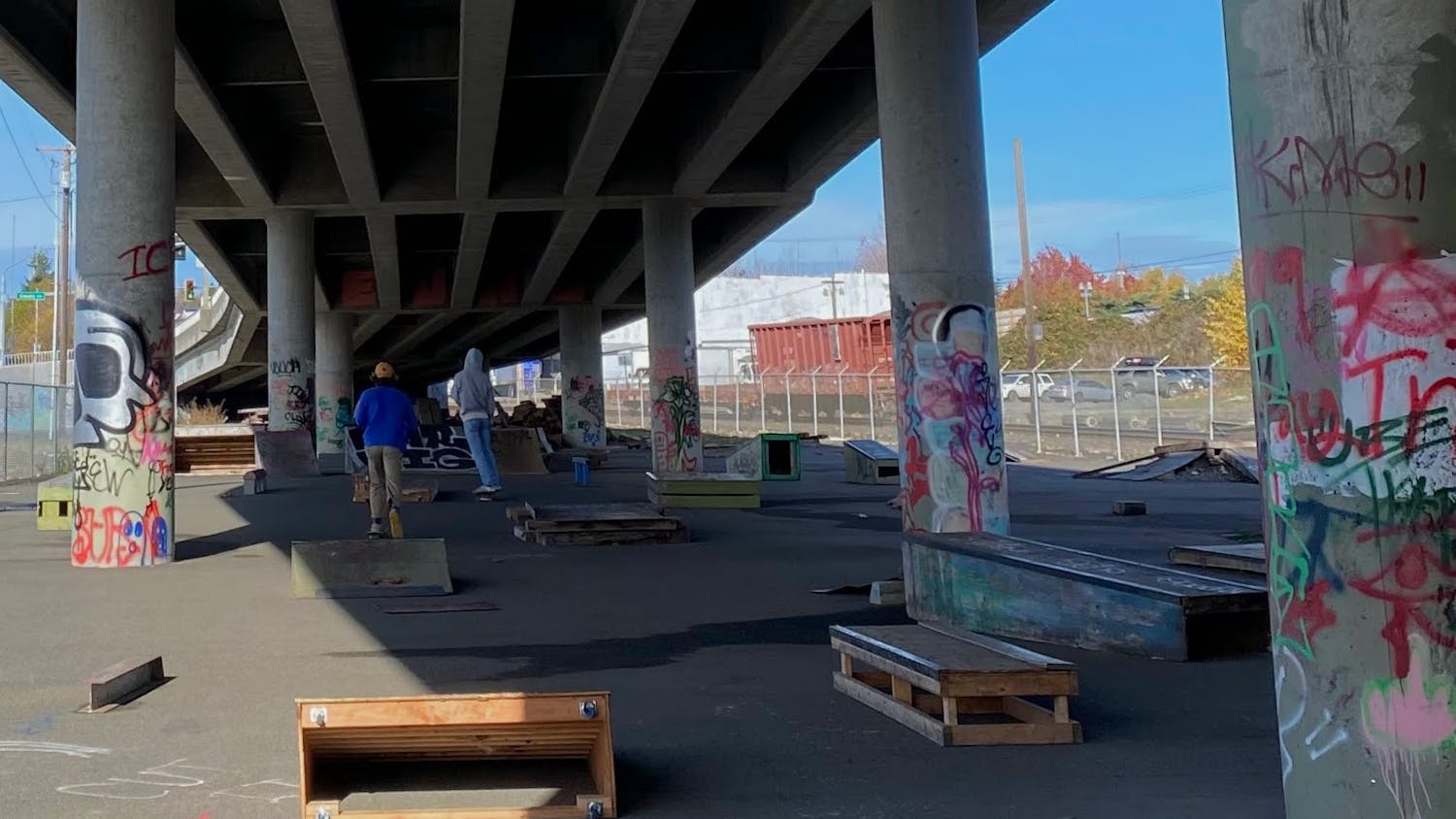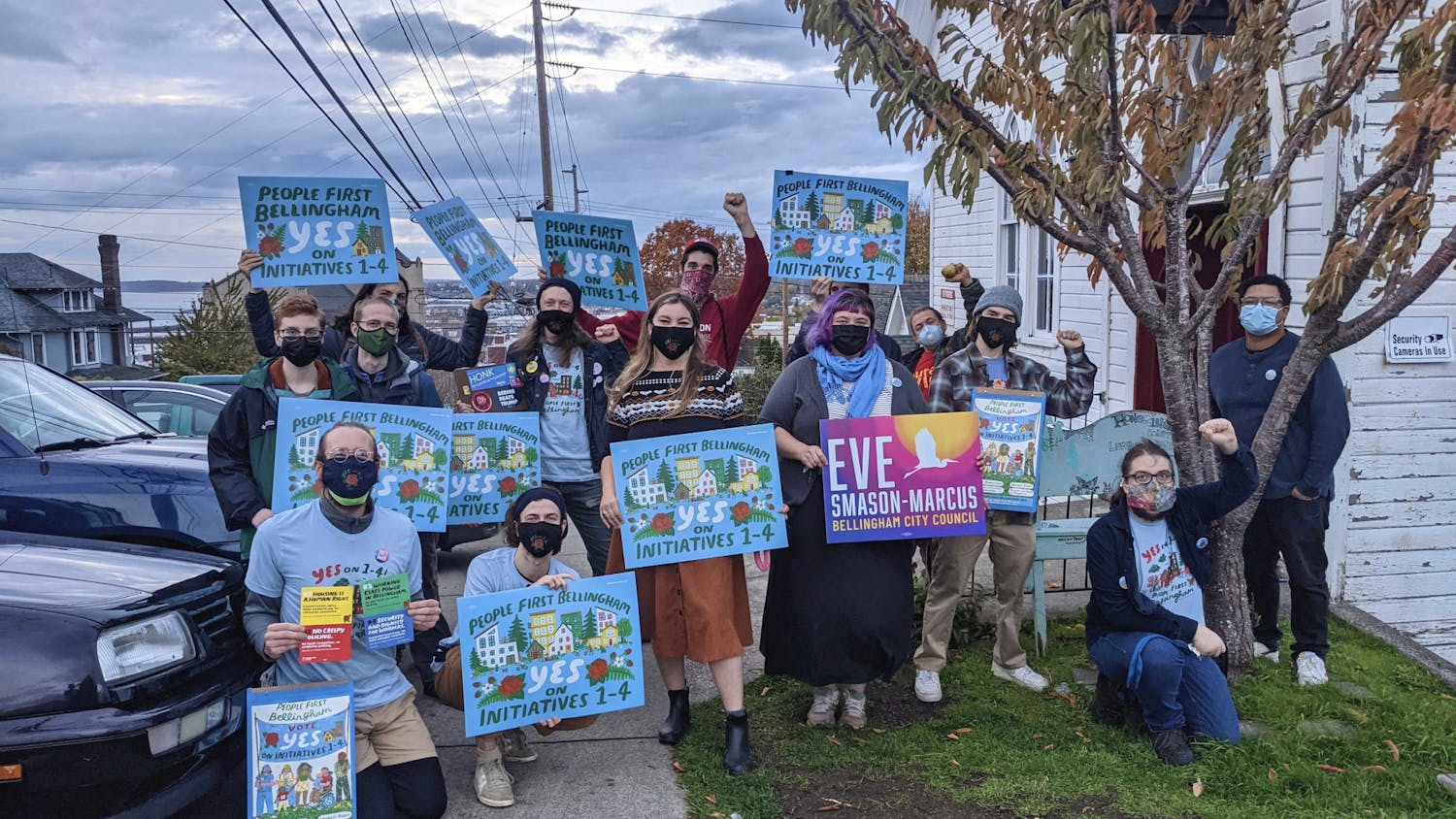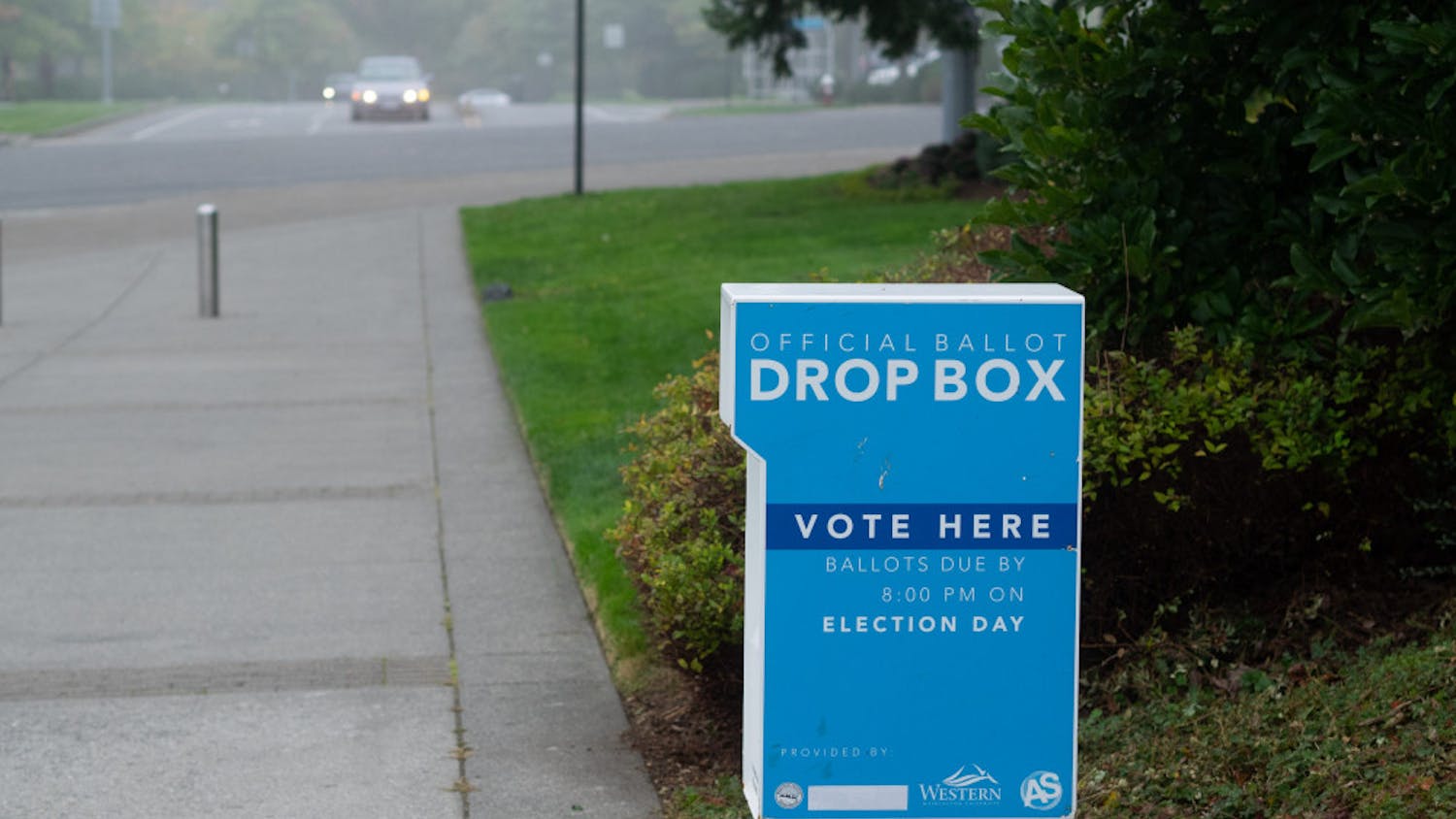If you live in Bellingham you may be wondering why you are still carrying several bins of sorted recycling out to the curb, while friends in neighboring cities like Seattle roll out just one.
It appears Bellingham may be following suit after the city’s solid waste disposal contractor Sanitary Service Company announced their single-stream recycling pilot program on Jan. 10.
In a single-stream program, customers are not required to sort their recyclables and instead put them on the curb in one mixed bin. Dual and multi-stream programs have customers sort them into two or more bins by type of material.
The contract with the city requires SSC to evaluate performance when the cost of recycling matches that of garbage collection; recycling collection now costs twice as much as garbage. The recent rate hike for recycling pickup has prompted SSC to look for new ways to improve efficiency and keep costs down for customers.
This experimental program will study key metrics along a route in South Bellingham, tracking changes in customer participation, the number of required trips and contamination levels of recycled material. In addition to new larger bins, SSC will use trucks with automated arms and compactors on board.
“70% of the truck miles are on the recycling side,” SSC General Manager Ted Carlson told the City Council. “It takes seven recycling trucks to do what we do with four and a half garbage trucks, and that’s because of the compaction and the size of the truck.”
The new equipment will reduce the number of trips needed to service each route and contribute to the city’s goal of lower emissions, but if Bellingham’s data is consistent with national trends, more recycled material will end up in a landfill, according to a 2016 study by the Washington Department of Ecology.
Most single-stream programs see higher participation and take in a higher volume of recyclables, but contamination rates increase as well. Contamination from organic material and other non-recyclable items thrown in the bin reduce the value of the recycled material, making it more difficult to sell to manufacturers.
“In the average single-stream collection program, if you collect 100 tons of recyclables at the curb, on average, 75 tons will actually be recycled into new products, and most of the rest will be landfilled,” said Susan Collins, president of Container Recycling Institute.
Why are collection prices rising, forcing this compromise? In 2018, China enacted the “National Sword” policy which cut its imports of global recyclables dramatically, including plastic imports by 99%. Prior to National Sword, China purchased more than half of the world’s recyclable material, including 60% of material collected in Washington.
The loss of the world’s largest market threw the nation’s recycling industry into crisis, leading cities across America to stop recycling altogether. Sorting and recovery facilities used to pay collection companies for the valuable recycled material, Carlson said, but SSC now pays $124 per ton to have the material sorted and shipped.
“The contract with SSC guarantees that they are able to make 6% profit overall,” councilmember Lisa Anderson said.
Without the income from selling material to sorting companies to supplement collection costs, SSC is resorting to improvement in collection efficiency to avoid passing the cost to customers.
“If we’re able to still market the product and reduce cost elsewhere that makes it financially feasible,” Anderson said.
In 2019, the Washington State Legislature created the Recycling Development Center under the Department of Ecology to facilitate growth in domestic markets. The RDC conducts research, marketing and policy analysis to support new and existing recycling companies.
“We have worked with businesses who reached out to us with questions about recycling in Washington,” RDC Coordinator Kara Steward said, “We also provided grants to local governments and universities in 2021 for market development projects.”
The RDC is working toward the implementation of Senate Bill 5022, which came into effect in July 2021. The bill prohibits certain types of plastic packaging and requires single-use foodservice utensils to be made available only by request.
The bill also requires that packaging for products sold in Washington contain recycled content. Beverage containers, household cleaning products and personal care products must be made from no less than 15% post-consumer recycled plastic by 2028, increasing to 50% by 2036.
In the meantime, Anderson encouraged shopping sustainably, “Look at the labels and make sure things have recycled content in them and use our purchasing power to create the market.”






